A: It certainly can. Sleep is an essential factor for hormonal balance and has powerful implications for weight management. While we are sleeping, production of the hormone leptin (an appetite suppressor) increases, and the hormone ghrelin (an appetite stimulant) decreases, resulting in overall decreased appetite. Research shows that people are more likely to struggle with their weight and crave high-calorie, high-carbohydrate foods if they are not getting adequate sleep.
Sleep also has the effect of calming the sympathetic (fight or flight) nervous system, and promoting the parasympathetic (rest and digest) nervous system, thereby reducing cortisol, a hormone released in response to stress. Research shows that sleep deprivation results in a rise in cortisol, which stimulates appetite, especially for high-carbohydrate foods. Over time, this results in dysregulated blood sugar levels and greater propensity for abdominal weight gain. There is rising evidence that inadequate quantity and quality of sleep are important contributing factors to the diabetes and obesity epidemic.
If you are interested in reading further on this topic, here is an interesting study:
Taheri S, Lin L, Austin D, Young T, Mignot E (2004) Short sleep duration is associated with reduced leptin, elevated ghrelin, and increased body mass index. PLoS Med 1(3): e62. Available at: https://www.ncbi.nlm.nih.gov/pmc/articles/PMC535701/

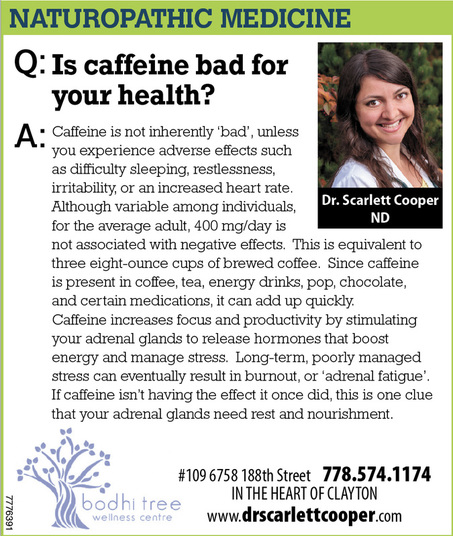
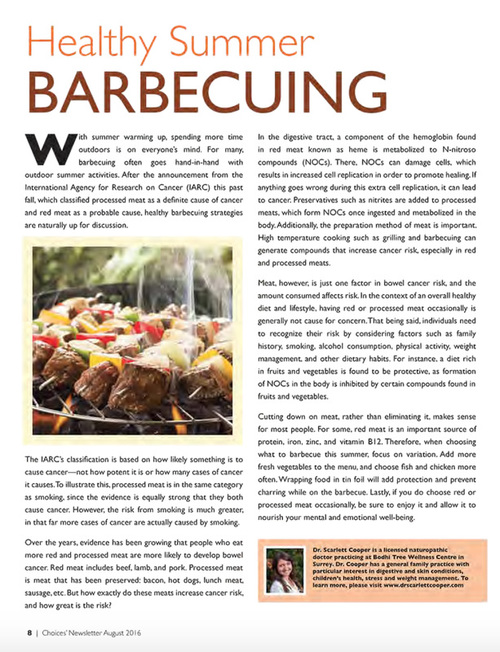
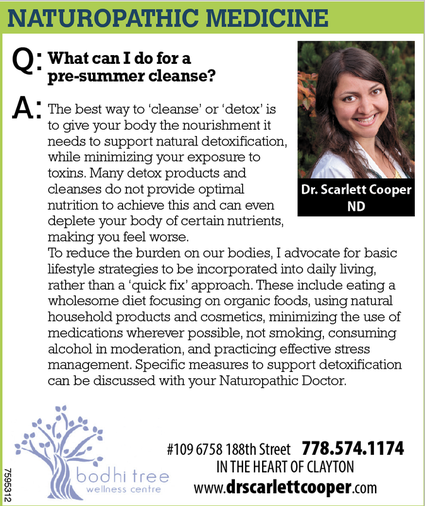
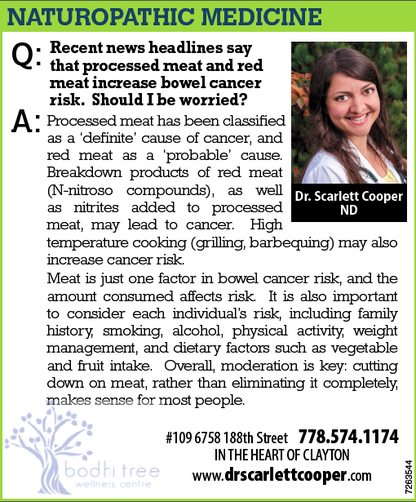
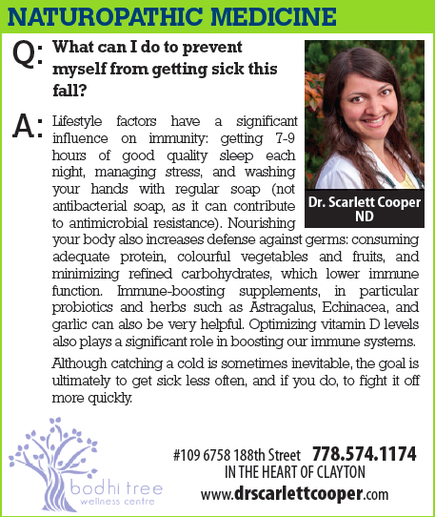
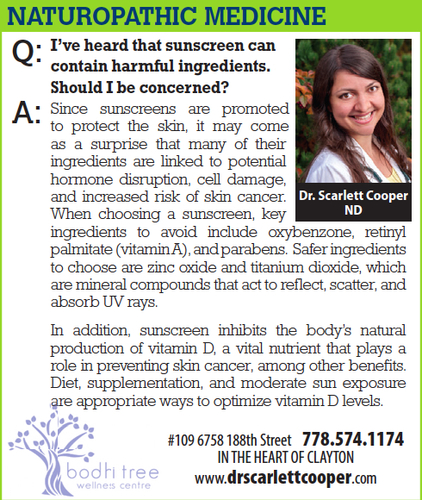
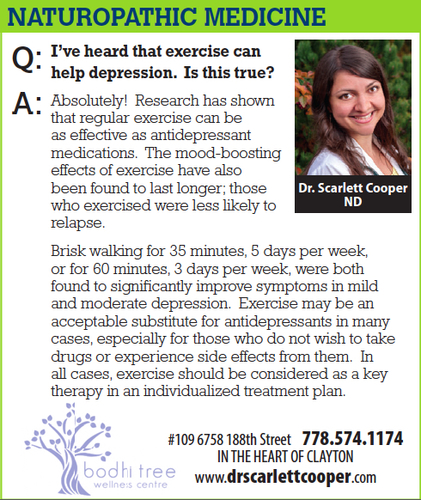

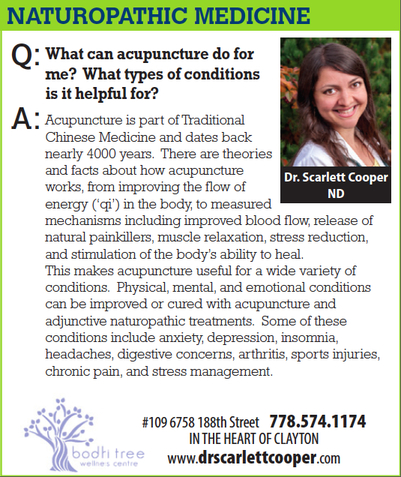
 RSS Feed
RSS Feed